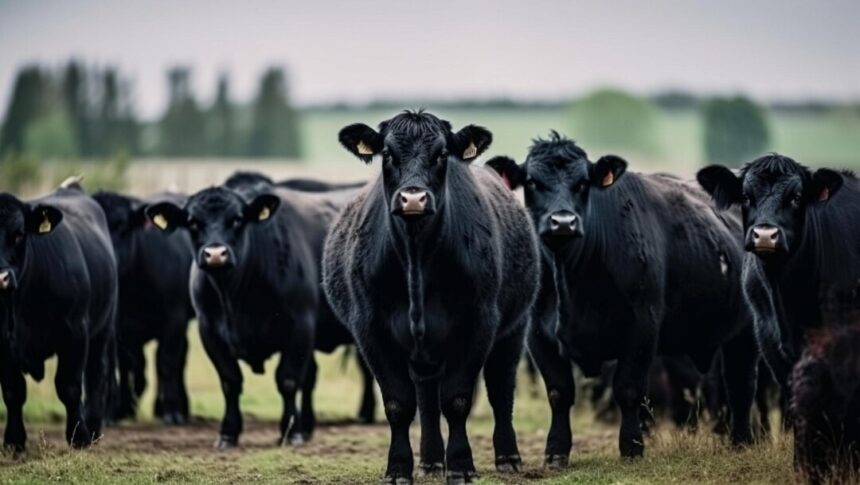Brangus cattle, a crossbreed between Angus and Brahman cattle, have gained popularity in South Africa for their adaptability, resilience, and superior meat quality. As more farmers turn to Brangus cattle for their breeding and farming operations, understanding the unique characteristics and requirements of this breed is essential for success. Here are ten key things you should know about breeding and farming Brangus cattle in South Africa:
- Origin and Background: Brangus cattle were developed in the United States in the early 20th century by crossing Angus and Brahman cattle. The breed combines the hardiness and heat tolerance of Brahman cattle with the superior meat quality and marbling of Angus cattle.
- Adaptability to South African Conditions: Brangus cattle are well-suited to the diverse climatic conditions of South Africa, thriving in both hot and cold environments. Their ability to withstand heat, humidity, and drought makes them ideal for farming in various regions of the country.
- Superior Meat Quality: Brangus cattle are renowned for their high-quality beef, characterized by excellent marbling, tenderness, and flavor. The breed’s genetic makeup combines the desirable traits of Angus and Brahman cattle, resulting in meat that is highly sought after by consumers.
- Hybrid Vigor: As a crossbreed, Brangus cattle exhibit hybrid vigor, which refers to the enhanced performance and productivity observed in crossbred offspring compared to purebred animals. This hybrid vigor translates into improved growth rates, fertility, and disease resistance in Brangus cattle.
- Breeding Objectives: When breeding Brangus cattle, farmers aim to produce offspring with desirable traits such as adaptability, fertility, growth rate, and meat quality. Selective breeding programs focus on improving these traits through careful selection of breeding stock and genetic testing.
- Grazing and Foraging Abilities: Brangus cattle are efficient grazers and foragers, capable of thriving on a diet of grass and forage. Their ability to convert low-quality forage into high-quality beef makes them well-suited to extensive grazing systems commonly used in South Africa.
- Calving Ease: Brangus cattle are known for their ease of calving, with cows typically producing calves with minimal assistance. This calving ease is attributed to the breed’s moderate birth weights and the maternal instincts inherited from their Angus and Brahman ancestors.
- Health and Disease Resistance: Brangus cattle exhibit strong immune systems and disease resistance, thanks to the genetic contributions from both Angus and Brahman breeds. This resilience reduces the risk of common cattle ailments and minimizes the need for veterinary interventions.
- Market Demand: The demand for Brangus cattle and Brangus-cross calves continues to grow in South Africa, driven by the breed’s superior meat quality, adaptability, and performance. Farmers raising Brangus cattle can capitalize on premium prices in the beef market due to the breed’s reputation for excellence.
- Management Practices: Successful breeding and farming of Brangus cattle require careful management practices tailored to the breed’s specific needs. This includes providing adequate nutrition, access to clean water, regular veterinary care, and appropriate handling and facilities.
Breeding and farming Brangus cattle in South Africa offer numerous advantages, including adaptability, superior meat quality, and market demand. By understanding the unique characteristics and requirements of the breed, farmers can maximize the productivity and profitability of their operations. With careful selection, breeding, and management practices, Brangus cattle continue to be a valuable asset to the South African livestock industry.
Join 'Farmers Mag' WhatsApp Channel
Get the latest Farming news and tips delivered straight to your WhatsApp
CLICK HERE TO JOIN






